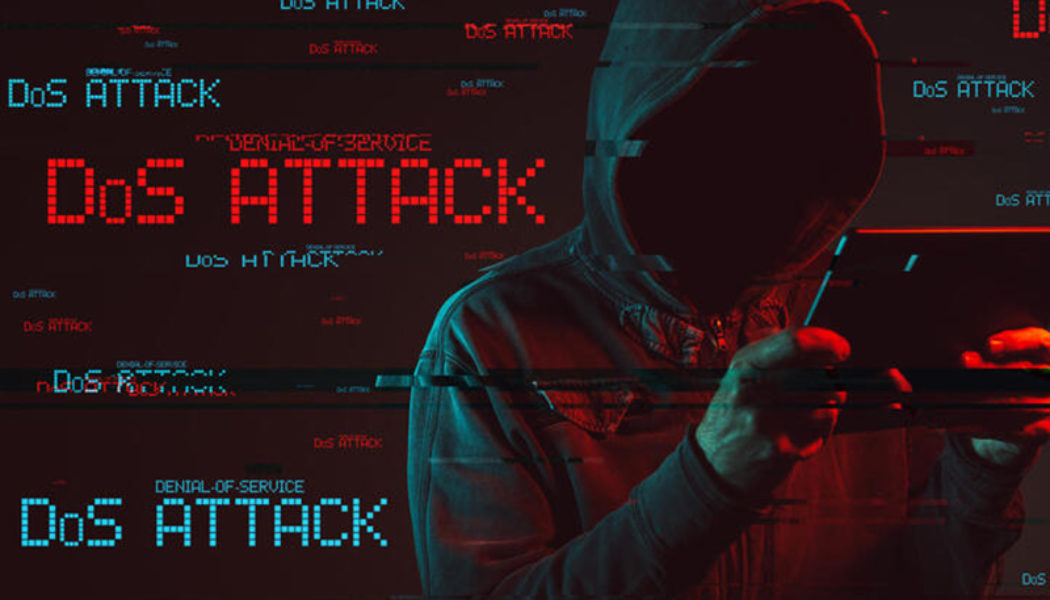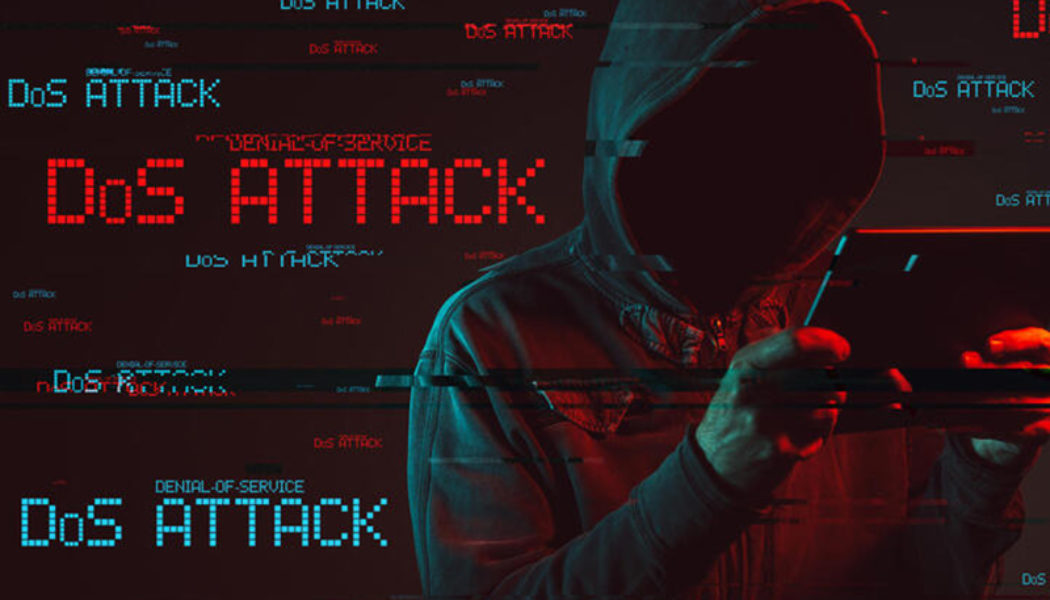DDoS News
Ukraine War Leads to Largest Ever Spike in DDoS Attacks – Kaspersky
Image sourced from Packetlabs. According to Russian cybersecurity group Kasperksy, compared to Q1 2021, the number of Distributed Denial of Service (DDoS) attacks in Q1 2022 rose 4.5 times with a considerable number of the attacks likely to be the result of hacktivist activity. Kaspersky says it operates independently from the Russian government, even as its antivirus software is being investigated in Europe. The firm continues that the attacks also showed an unprecedented duration for DDoS sessions, particularly those aimed at state resources and banks. Further information has been included in a report issued by Kaspersky. DDoS Attacks Distributed Denial of Service (DDoS) attacks are designed to interrupt network resources used by businesses and organisations and prevent them from functio...
Bad Actors Innovate, Extort & Launch 9.7M DDoS Attacks
In March 2022 we released our 2H 2021 Threat Intelligence Report. The report covers worldwide distributed denial-of-service (DDoS) attack activity during 2021—particularly during the second half of the year. As always, it’s chock-full of DDoS attack statistics, trends, and insights from our elite NETSCOUT ATLAS Security Engineering and Research Team (ASERT). Key findings include: DDoS attacks continued to exceed pre-pandemic levels. During the second half of 2021, cybercriminals launched approximately 4.4 million DDoS attacks, bringing the total number of DDoS attacks in 2021 to 9.75 million. These attacks represent a 3 percent decrease from the record number set during the height of the pandemic but continue at a pace that’s 14 percent above pre-pandemic levels. DDoS extortion and ransomw...
NETSCOUT: The Long Tail of Adversary Innovation
Image sourced from Shutterstock. NETSCOUT’s ATLAS Security Engineering and Response Team (ASERT) observed a record-setting 5.4 million attacks in the first half of 2021, further confirmation that their “up and to the right” mantra would continue to hold true. As the findings from the 1H 2021 NETSCOUT Threat Intelligence Report show, the ongoing surge in DDoS activity is just one aspect of the dramatic global impact cyberattacks continue to have on private and public entities. “Cybercriminals are making front-page news launching an unprecedented number of DDoS attacks to take advantage of the pandemic’s remote work shift by undermining vital components of the connectivity supply chain,” stated Richard Hummel, threat intelligence lead, NETSCOUT. “Ransomware gangs added triple-extortion ...







